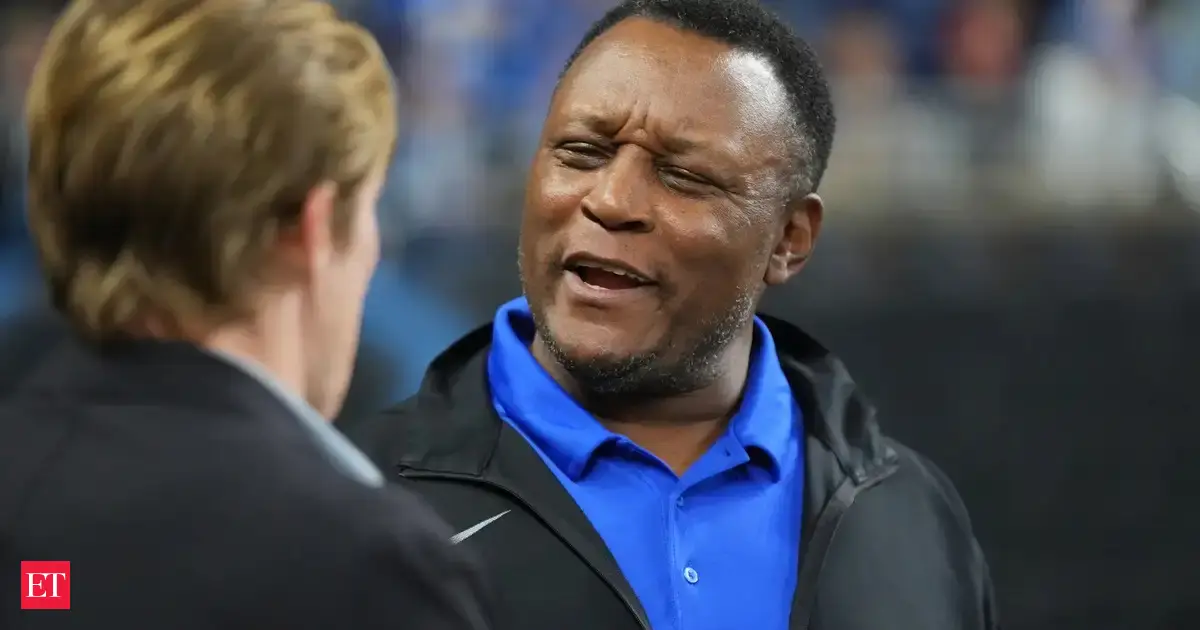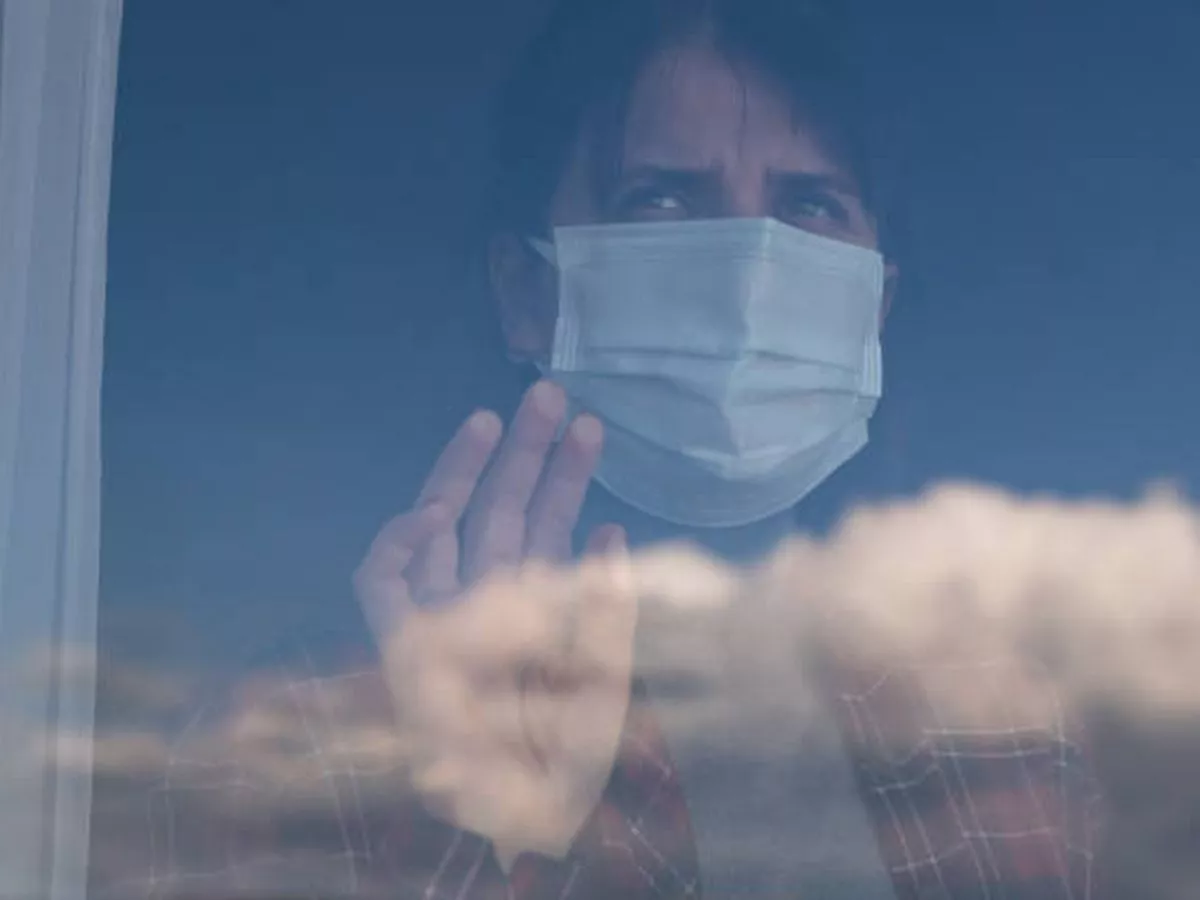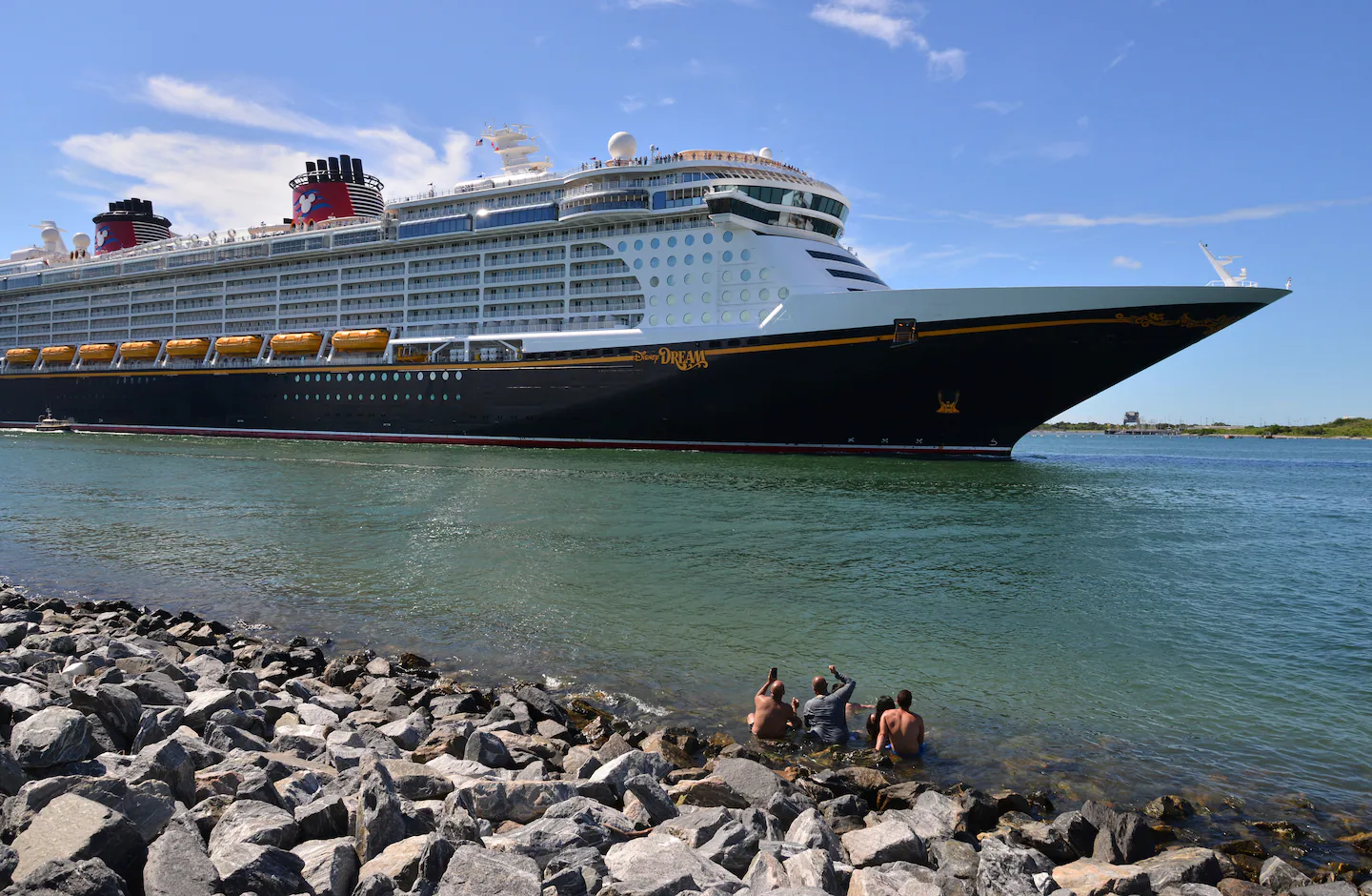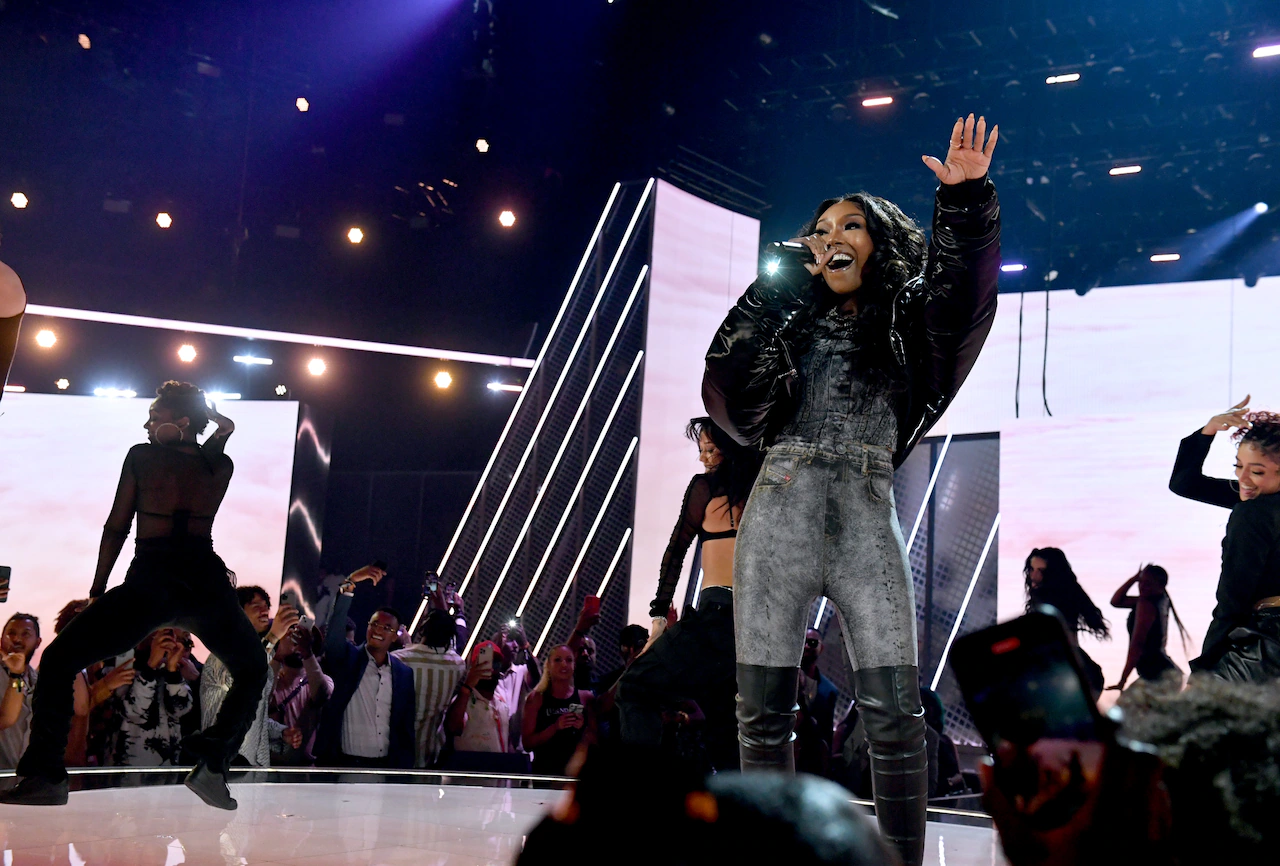Copyright mirror
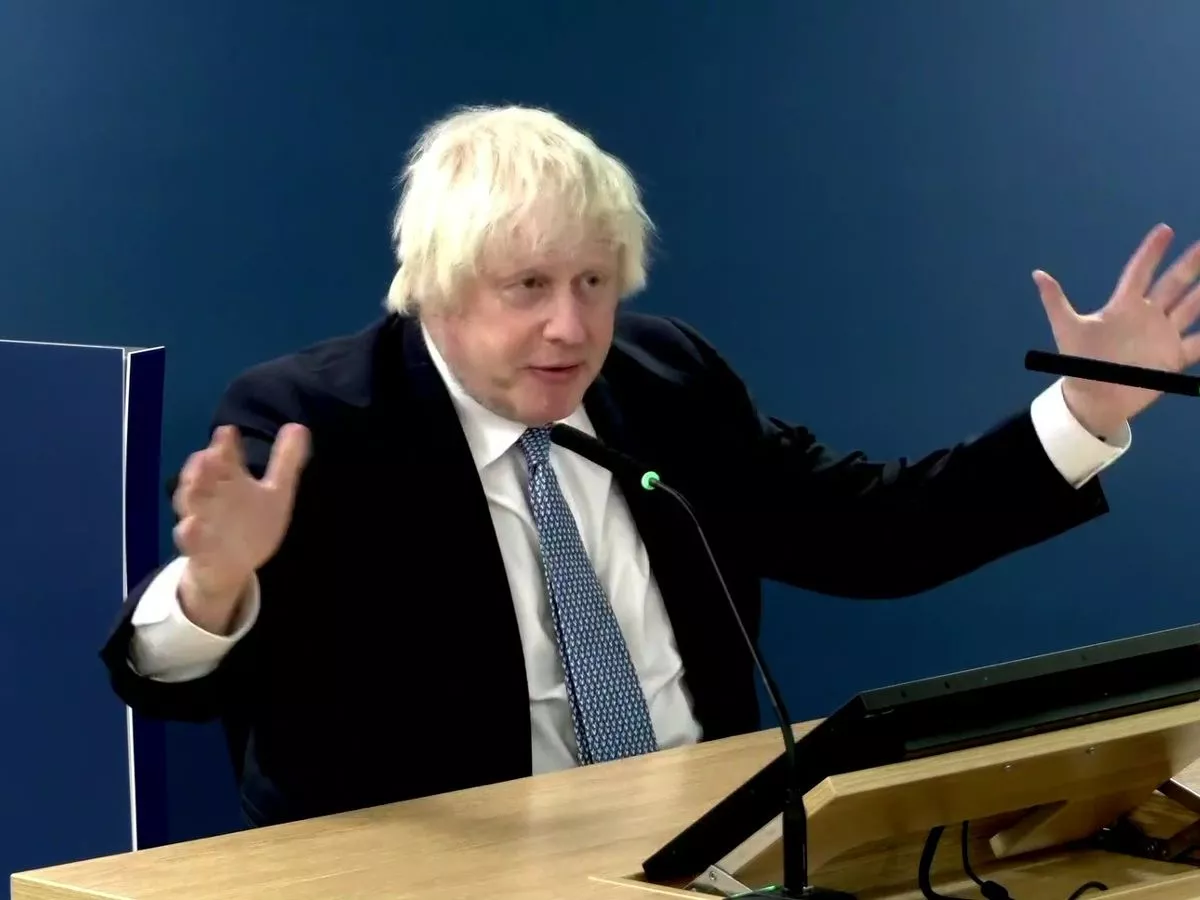
Boris Johnson has finally admitted the “full horror” of Covid-19 was “slow to dawn on” his pandemic government. The disgraced former Prime Minister told the Covid-19 Inquiry he thinks children “maybe” should have been exempted from lockdowns. He faced questions about unplanned school closures during the pandemic and harm done to a generation of children. Boris Johnson said: “I think that looking back on it all, the whole lockdowns, the intricacy of the rules, the rule of six… particularly for children, I think we probably did go too far. It was far too elaborate. Maybe we could have found a way of exempting children.” England was in national lockdown between late March and June 2020. People were ordered to stay at home and permitted to leave for essential purposes only, such as buying food or for medical reasons. From September a “Rule of Six” restriction was applied to England prohibiting social gatherings of more than six people. Children were included in the rule of six restriction in England but were excluded from it in Wales. It was put to Mr Johnson that for children being outside playing was essentially their exercise. He said: “My understanding of the rules was that children should have been allowed to exercise outdoors.” The Partygate PM was grilled on why his government was slow to prepare for the closure of schools and remote learning. The unprecedented decision to close schools was announced suddenly on March 18 and came into effect two days later. Mr Johnson said: “I accept that the reality was slow to dawn on government generally about the full horror of Covid.” The inquiry heard 400,000 children were in homes with “inadequate parenting” and were potentially at risk where carers suffered with problems like mental health conditions and addiction. Research increasingly shows many children’s development were badly affected by closures and isolation, particularly those in households without usable computers or chaotic homes where learning was not possible. The inquiry has heard how a national plan for remote learning was not worked on during February 2020 when it became clear it may be needed before a sudden policy U-turn in mid-March. The UK announced school closures to all but children of essential workers and those deemed most vulnerable. Families were asked to carry out remote learning but those with key workers out of the home or poor internet connectivity were unable to keep up. Mr Johnson said “it was always obvious to me that school closures were something we were going to have to consider”, but he added: “I think the inquiry would appreciate that we haven't had a pandemic like this for a very long time. The eventuality of closing schools was one that we regarded with horror, but one that we didn't think we would have to resort to until the peak of the pandemic.” Clair Dobbin KC said: “Thank you, Mr Johnson. That's understood that closing schools would be a terrible decision but it’s because the consequences were so profound that it needed to be properly planned for.” Mr Johnson disagreed that there was “no planning” for school closures, saying “it was a subject that repeatedly cropped up” at Government meetings with its scientific advisers. He said: “I had a personal horror of closing schools. I thought it was a nightmare thing to do. I thought it would do a lot of damage to the life chances of people who would find it most difficult to bounce back and cope.” Previous witnesses including Mr Johnson’s former Health Secretary Sir Gavin Williamson have said there was no national plan for school closures and remote learning. Sir Gavin told the inquiry he was being “steered” by Downing Street to develop plans to keep schools open, but was given one night to develop a plan to close schools on March 17. The Children’s Rights Alliance for England says only one in 10 vulnerable children entitled to go to school during closures did so. Over the last three weeks, the inquiry has heard from headteachers who said they started making their own plans in February and March 2020 in case schools closed - weeks before any announcement. One leader talked about driving to a service station on the M4 with two of his staff to meet someone who would show him how to use Google Classroom. Asked by Clair Dobbin KC whether he took responsibility, Mr Johnson said: “Of course, I should say, that I take - it goes without saying - I take full responsibility for all the decisions that we took and all mistakes that were made. They were mistakes that I’m accountable for and for which I take responsibility for. “Insofar as we got things wrong, I apologise for that. I remain very proud of a lot of the things that teachers and schools did to cope with this unbelievably difficult set of circumstances.” Mr Johnson though said he still believes school closures were necessary to prevent deaths and help to avoid the NHS being overwhelmed. It comes after England's Chief Medical Officer Sir Chris Whitty said he also felt school closures were unavoidable but could have been done "better".
